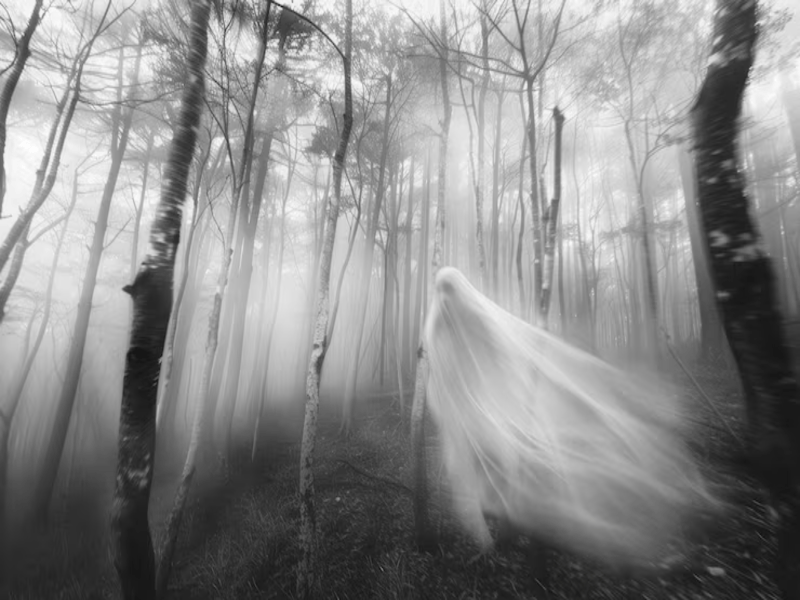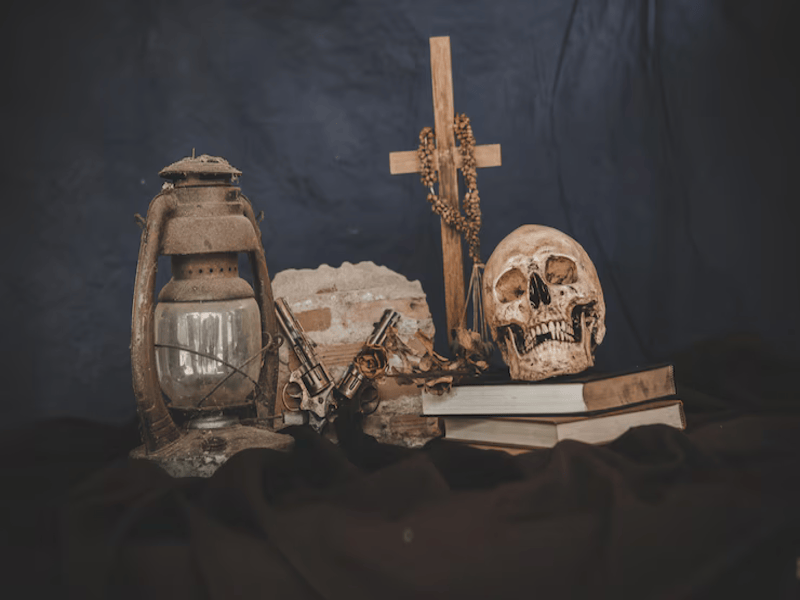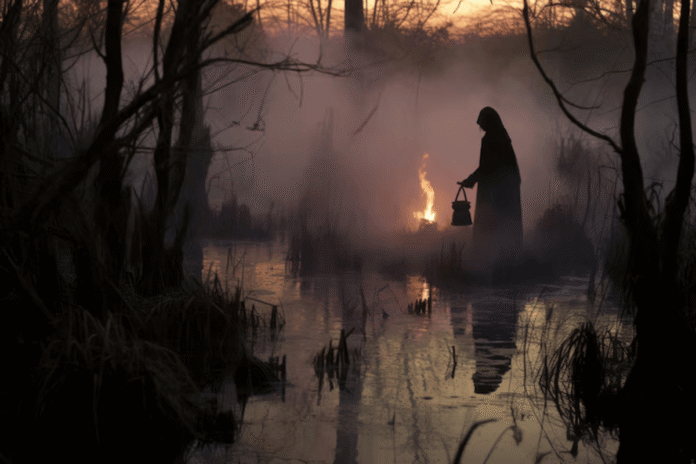Are Ghosts Really Present in This World? Exploring the Truth Behind Paranormal Phenomena
The idea of ghosts and spirits has captivated human imagination for centuries. From whispered legends and haunted houses to Hollywood horror films, the presence of ghosts in our world is both a cultural staple and a topic of heated debate. But is there any scientific evidence of ghosts? Are these supernatural entities real or simply products of our psychology and storytelling?
This article dives deep into the subject, blending scientific inquiry, expert opinions, and historical context to help you explore the question: Are ghosts really present in this world?
Understanding What We Mean by “Ghosts”
Before we can seek answers, we need to define the concept of a ghost.
A ghost is typically thought of as the spirit or soul of a deceased person that has not fully moved on from the physical world. Reports of ghost sightings often describe:
- Apparitions or shadow figures
- Strange sounds, such as footsteps or voices
- Cold spots or sudden drops in temperature
- Unexplainable movements of objects
These characteristics are commonly associated with what we call paranormal activity.

A Historical Look: Ghost Beliefs Around the World
Belief in ghosts is not limited to one region or religion—it spans across cultures and centuries. Some notable examples:
- Ancient Egypt: Egyptians believed in a complex afterlife and conducted rituals to ensure safe passage of spirits.
- Chinese culture: Ghosts are thought to return during the Hungry Ghost Festival if not properly honored.
- European folklore: Ghost stories often revolve around haunted castles and restless spirits seeking justice.
Despite their variations, these cultural beliefs share a common theme: a lingering connection between the living and the dead.
Scientific Perspective: What Does Modern Science Say?
When it comes to the question, Are ghosts real?, scientists tend to be skeptical. Most explanations point toward psychological, environmental, or neurological causes rather than the supernatural.
Common Scientific Explanations:
- Sleep paralysis: Causes hallucinations and feelings of a “presence”.
- Infrasound: Low-frequency sound waves can induce unease or even visual hallucinations.
- Carbon monoxide poisoning: Can lead to dizziness, confusion, and ghost-like visions.
- Pareidolia: Our brain’s tendency to see patterns, like faces in shadows.
These explanations offer rational reasons behind ghost sightings, yet they don’t entirely rule out the possibility of paranormal events.
Technology and Ghost Hunting: Is There Proof?
Modern ghost hunters use a range of paranormal investigation tools to detect signs of ghostly activity:
- EMF (Electromagnetic Field) meters: Measure fluctuations believed to signal ghost presence
- Thermal imaging cameras: Capture temperature changes associated with spirits
- Spirit boxes: Devices that scan radio frequencies for disembodied voices
- Motion sensors and night vision equipment
Despite these efforts, there is still no definitive scientific proof that ghosts exist. Most data collected is anecdotal and not reproducible in controlled environments.
Psychological Factors Behind Ghost Beliefs
Why do so many people believe in ghosts despite a lack of evidence?
- Fear of Death
One of the strongest motivators is our fear of the unknown. The idea of life after death provides comfort and continuity.
- Grief and Loss
People who have lost loved ones often report feeling their presence. This may be a psychological coping mechanism.
- Cognitive Bias
We tend to find patterns and assign meaning to random events. Known as confirmation bias, this makes us more likely to believe in ghostly experiences.
- Cultural Reinforcement
From childhood tales to popular media, we are conditioned to accept the existence of ghosts as a possibility.

Notable Paranormal Investigations
Throughout history, there have been famous cases that continue to intrigue believers and skeptics alike.
The Amityville Horror:
Claimed to be a house haunted by the spirits of a murdered family. Later investigations suggested exaggeration and hoax.
The Enfield Poltergeist:
Occurred in London during the 1970s. While some evidence seemed convincing, skeptics believe the children involved faked much of the activity.
Eastern State Penitentiary:
This U.S. prison is a hotspot for paranormal tours due to frequent reports of ghost sightings, voices, and shadowy figures.
These events raise the question—if not ghosts, what explains the shared experiences?
Expert Opinions on the Existence of Ghosts
Dr. Christopher French, Head of the Anomalistic Psychology Research Unit at Goldsmiths, University of London, argues that most paranormal experiences can be explained through psychological science. He emphasizes:
“Extraordinary claims require extraordinary evidence.”
Meanwhile, renowned paranormal investigators like Lorraine Warren believed in ghosts based on personal experiences and years of casework.
This divide between empirical research and personal testimony keeps the debate alive.
Can Science and Spirituality Coexist?
It’s possible to explore the paranormal with a healthy balance of skepticism and open-mindedness. For many, believing in ghosts is less about proof and more about belief, comfort, and cultural identity.
Rather than trying to prove or disprove outright, we might ask:
- What do ghost stories teach us about human psychology?
- How does belief in the supernatural affect societies?
- Can spiritual experiences coexist with scientific reasoning?
Tips for Exploring Paranormal Claims Responsibly
If you’re interested in paranormal investigation or simply curious, here’s how to approach it with both fascination and caution:
Step-by-Step Guide:
- Use scientific tools like EMF meters, cameras, and audio recorders.
- Document everything, including time, conditions, and personal reactions.
- Rule out natural causes first—check for drafts, wiring issues, or psychological stress.
- Avoid sensationalism—approach your investigation with humility.
- Respect the space, especially in places tied to tragedy or loss.

Final Verdict: Are Ghosts Really Present in This World?
The short answer is: we don’t know for sure.
While there is no solid scientific proof of ghosts, the consistency of paranormal reports, personal experiences, and cultural beliefs cannot be ignored. The concept of spirits might not hold up under a microscope, but it certainly holds weight in the human mind and heart.
Whether ghosts are real entities or powerful manifestations of human emotion, one thing is clear—they continue to fascinate, frighten, and fuel our curiosity.
Curious about the paranormal? Share your experiences or thoughts in the comments below. Whether you’re a believer or skeptic, the conversation is far from over.
FAQs About Ghosts and the Paranormal
Do all cultures believe in ghosts?
Yes, though interpretations vary—from ancestors in Africa to yūrei in Japan.
Can technology prove ghosts exist?
Technology can detect anomalies but hasn’t provided definitive evidence.
Why do people see ghosts at night?
The brain is more suggestible when tired, and darkness enhances fear and imagination.
Are ghost experiences always negative?
No, many people report comforting or protective interactions.


